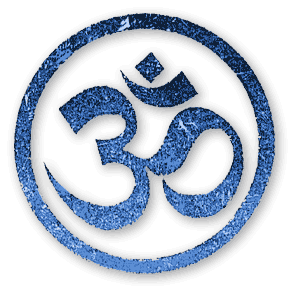I think an adequate generalization would be that Western medicine has certain diseases and conditions at which it excels immensely, but that there are many conditions for which it either struggles to treat/cure, or for which it has found no effective treatment.
Notably, there are many specific diseases and ailments for which western science has developed a cure. Examples range from the outrageous successes against polio and smallpox to the recent H1N1 outbreak. Surgical procedures are also immensely beneficial when such procedures are appropriately indicated. Organ replacements directly save lives. Trauma medicine saves millions of lives, as well. I'm sure there are a host of medical conditions for which western medicine has an excellent track record, something akin to a 90%+ success rate with little to no complications, side effects.
Western medicine has struggled, however, with a host of chronic illnesses. Many of these are diseases which affect the body in a holistic manner, and for which western medicine currently has an inadequate conceptual grasp over. Autoimmune diseases lie in this category. In fact, autoimmune diseases are often a catch-phrase for a certain subset of chronic illness which involve the immune system somehow, but how or why is uncertain.
For many of these chronic illnesses, patients have found solace in various Eastern traditions, ranging from acupuncture to Ayurveda to traditional Chinese medicine. These traditions are often rooted in over a thousand years of experiential medicine. They are much more holistic in nature and are often able to provide more efficacious answers to chronic illnesses. However, due to the inconsistent nature of these teachings and the way their knowledge is passed on, there is a high degree of variability in Eastern medicine prescriptions. A knowledgeable, well-trained practitioner is invaluable here, and can help increase one's chances for an effective treatment.
In essence, they each have their strengths and weaknesses. How does one choose which to use? I would probably use the following rule of thumb, given no financial constraints: Consult a western doctor or two or three, and if they have a strong consensus in diagnosis and treatment, find out the efficacy. If the prescribed treatment is extremely effective: 90-99% effective cure rate, and has minimal or marginal side effects, I would go with the western approach. However, many medical conditions would fail this test. At that point, I would explore complementary and alternative medicinal remedies. Note that this is a very quick and dirty rule of thumb. The actual conditions and diagnosis would greatly influence any decision I made.
Subscribe to:
Post Comments (Atom)

1 comment:
last week our class held a similar discussion on this subject and you point out something we have not covered yet, thanks.
- Kris
Post a Comment